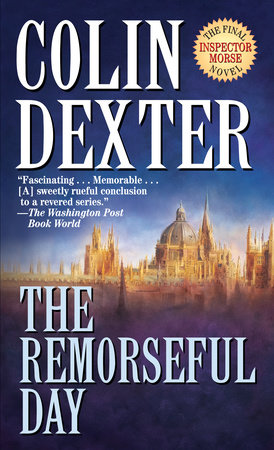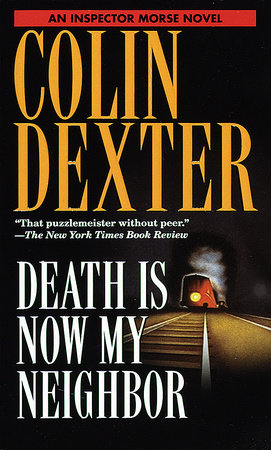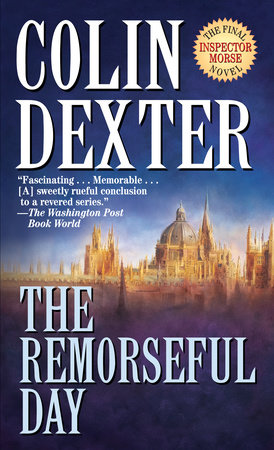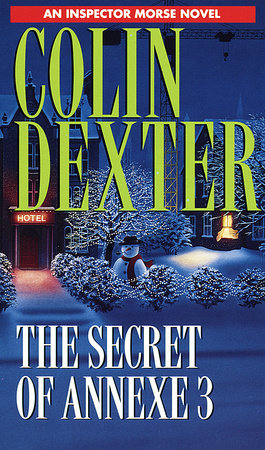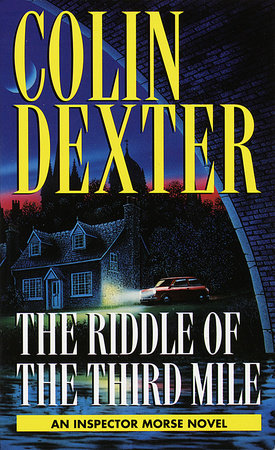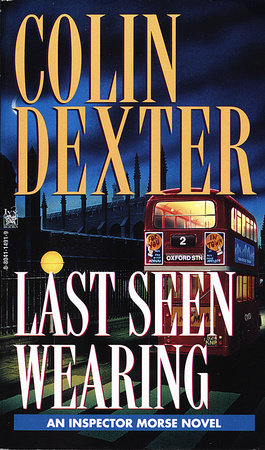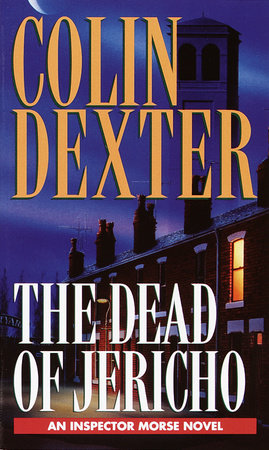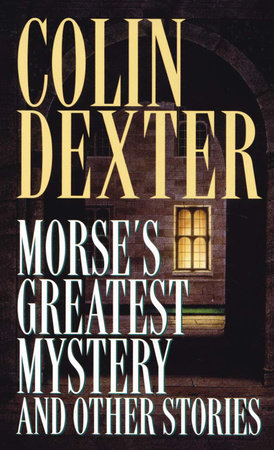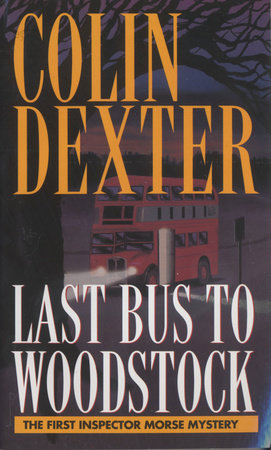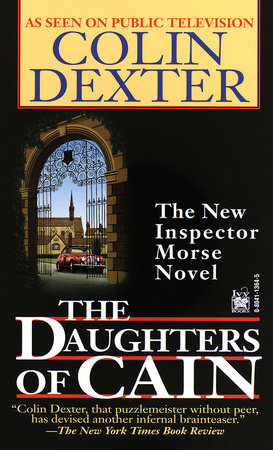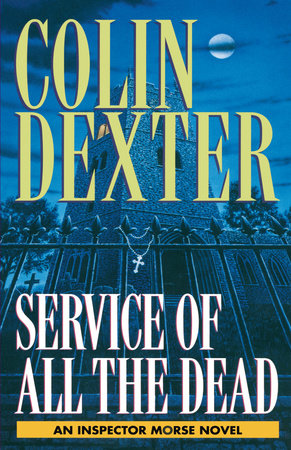Excerpt
The Remorseful Day
Chapter One
You holy Art, when all my hope is shaken,
And through life's raging tempest I am drawn,
You make my heart with warmest love to waken,
As if into a better world reborn.
(From An Die Musik, translated by Basil Swift)
Apart (of course) from Wagner, apart from Mozart's compositions for the
clarinet, Schubert was one of the select composers who could
occasionally transport him to the frontier of tears. And it was
Schubert's turn in the early evening of Wednesday, July 15, 1998,
when--The Archers over--a bedroom-slippered Chief Inspector Morse was to
be found in his North Oxford bachelor flat, sitting at his ease in Zion
and listening to a Lieder recital on Radio 3, an amply filled tumbler of
pale Glenfiddich beside him. And why not? He was on a few days' furlough
that had so far proved quite unexpectedly pleasurable.
Morse had never enrolled in the itchy-footed regiment of truly
adventurous souls, feeling (as he did) little temptation to explore the
remoter corners even of his native land, and this principally because he
could now imagine few if any places closer to his heart than Oxford--the
city which, though not his natural mother, had for so many years
performed the duties of a loving foster parent. As for foreign travel,
long faded were his boyhood dreams that roamed the sands round
Samarkand; and a lifelong pterophobia still precluded any airline
bookings to Bayreuth, Salzburg, Vienna--the trio of cities he sometimes
thought he ought to see.
Vienna . . .
The city Schubert had so rarely left; the city in which he'd gained so
little recognition; where he'd died of typhoid fever--only thirty-one.
Not much of an innings, was it--thirty-one?
Morse leaned back, listened, and looked semicontentedly through the
french window. In The Ballad of Reading Gaol, Oscar Wilde had spoken of
that little patch of blue that prisoners call the sky; and Morse now
contemplated that little patch of green that owners of North Oxford
flats are wont to call the garden. Flowers had always meant something to
Morse, even from his schooldays. Yet in truth it was more the
nomenclature of the several species, and their context in the works of
the great poets, that had compelled his imagination: fast-fading
violets, the globed peonies, the fields of asphodel . . . Indeed Morse
was fully aware of the etymology and the mythological associations of
the asphodel, although quite certainly he would never have recognized
one of its kind had it flashed across a Technicolor screen.
It was still true though: as men grew older (so Morse told himself) the
delights of the natural world grew ever more important. Not just the
flowers, either. What about the birds?
Morse had reached the conclusion that if he were to be reincarnated (a
prospect which seemed to him most blessedly remote), he would register
as a part-time Quaker and devote a sizeable quota of his leisure hours
to ornithology. This latter decision was consequent upon his
realization, however late in the day, that life would be significantly
impoverished should the birds no longer sing. And it was for this reason
that, the previous week, he had taken out a year's subscription to
Birdwatching; taken out a copy of the RSPB's Birdwatchers' Guide from
the Summertown Library; and purchased a secondhand pair of 152/1000m
binoculars (#9.90) that he'd spotted in the window of the Oxfam Shop
just down the Banbury Road. And to complete his program he had called in
at the Summertown Pet Store and taken home a small wired cylinder packed
with peanuts--a cylinder now suspended from a branch overhanging his
garden. From the branch overhanging his garden.
He reached for the binoculars now and focused on an interesting specimen
pecking away at the grass below the peanuts: a small bird, with a
greyish crown, dark-brown bars across the dingy russet of its back, and
paler underparts. As he watched, he sought earnestly to memorize this
remarkable bird's characteristics, so as to be able to match its
variegated plumage against the appropriate illustration in the Guide.
Plenty of time for that though.
He leaned back once more and rejoiced in the radiant warmth of
Schwarzkopf's voice, following the English text that lay open on his
lap: "You holy Art, when all my hope is shaken . . ."
When, too, a few moments later, his mood of pleasurable melancholy was
shaken by three confident bursts on a front-door bell that to several of
his neighbors sounded considerably over-decibeled, even for the
hard-of-hearing.


